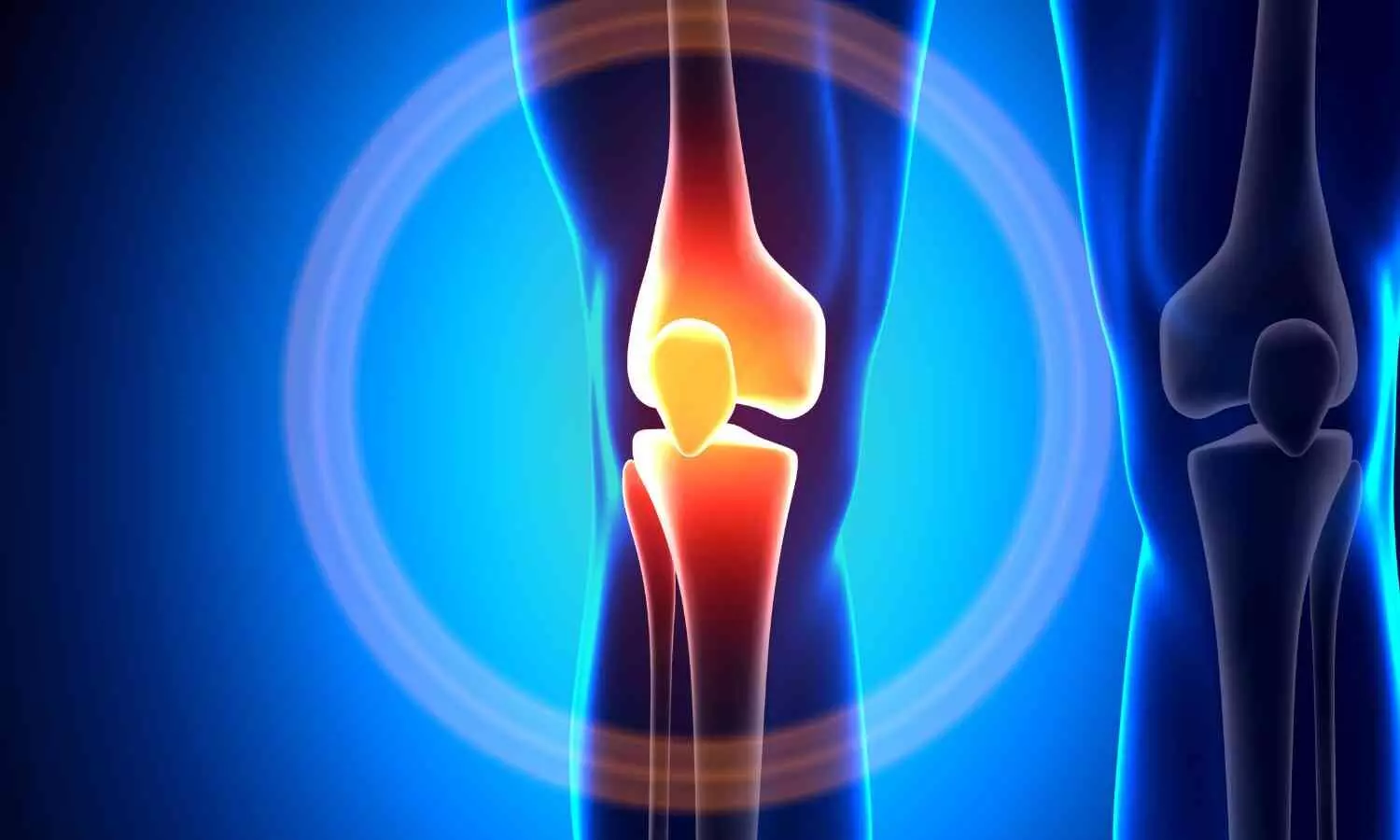Hormone Therapy Found to Reshape Bone Structure: Study

New Delhi: New research has revealed that skeletal size and proportions can be influenced by gender-affirming hormone therapy, but only if puberty was suppressed during adolescence. This study sheds light on how sex hormones impact skeletal development and may improve counseling for transgender individuals considering gender-affirming treatments.
Presented at the European Society for Paediatric Endocrinology Meeting in Liverpool, the study was conducted by researchers at Amsterdam University Medical Center (UMC) in the Netherlands. It highlights the differences in skeletal dimensions between men and women, such as broader shoulders in men and wider pelvises in women, and how these dimensions can be altered with hormone therapy when combined with early puberty suppression.
Gender-affirming hormones are used to align physical characteristics with an individual's gender identity. Puberty blockers, which delay or prevent puberty-related changes, are often administered to transgender youth to support their transition. However, the effects of these treatments on skeletal structures like the shoulders and pelvis have remained unclear until now.
To address this gap, researchers studied the shoulder and pelvic dimensions of 121 transgender women and 122 transgender men. The participants were divided into groups based on whether they had received hormone therapy, had undergone both hormone therapy and puberty blockers, or had not undergone any treatment.
The study found that transgender men who started puberty blockers early, followed by hormone therapy, developed broader shoulders and a smaller pelvic inlet (the upper opening of the pelvis) compared to those who did not receive treatment. In transgender women, early puberty suppression combined with hormone therapy resulted in smaller shoulders and a larger pelvis, with the latter change being most prominent in those treated from early puberty.
The study marks a milestone as the first to examine the combined effects of puberty blockers and gender-affirming hormones on pelvic dimensions. Researchers now aim to investigate how these physical changes affect body image and quality of life in transgender adolescents.
This research enhances understanding of how hormone therapy impacts skeletal development, offering valuable insights for healthcare providers counseling transgender individuals on gender-affirming treatments.


